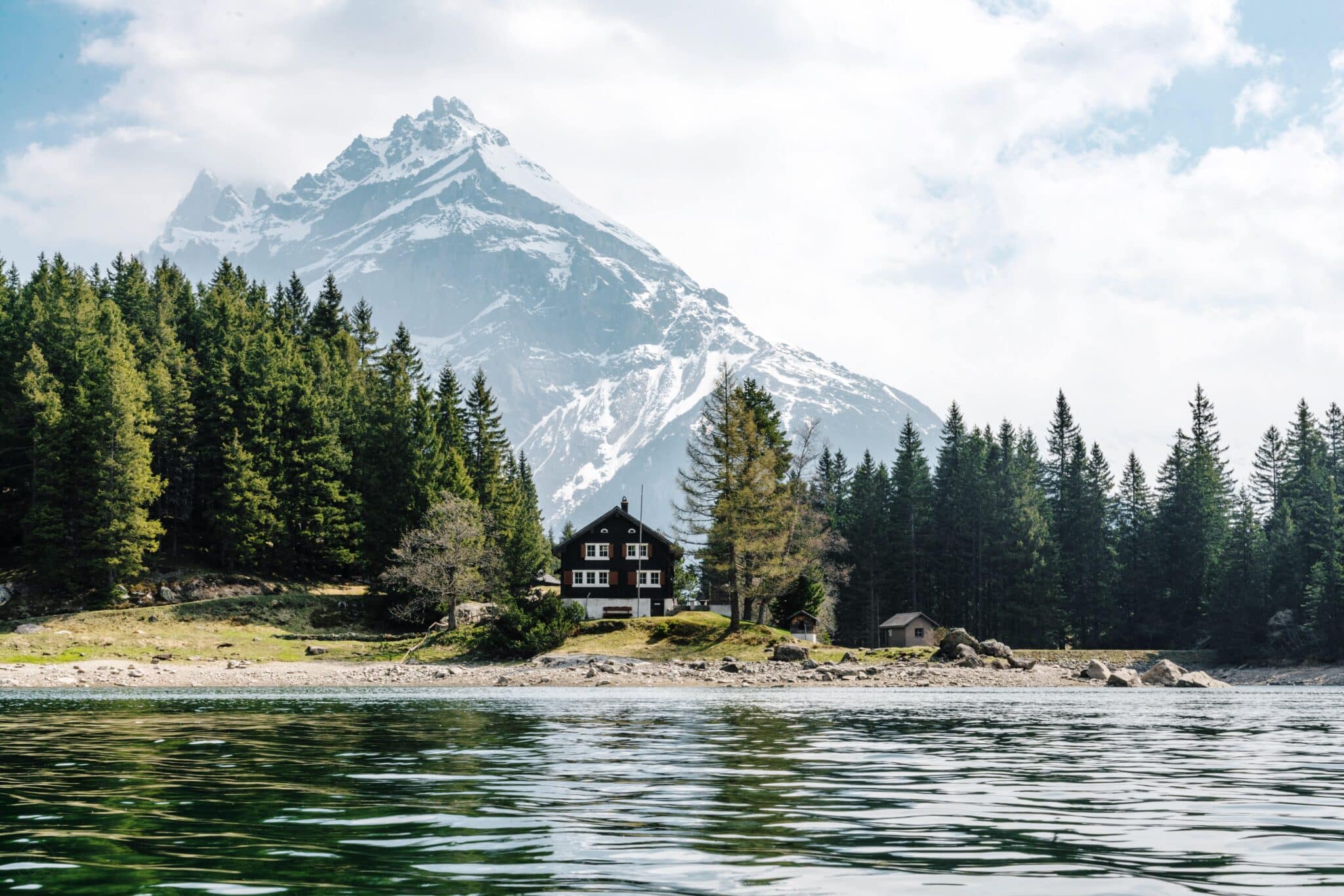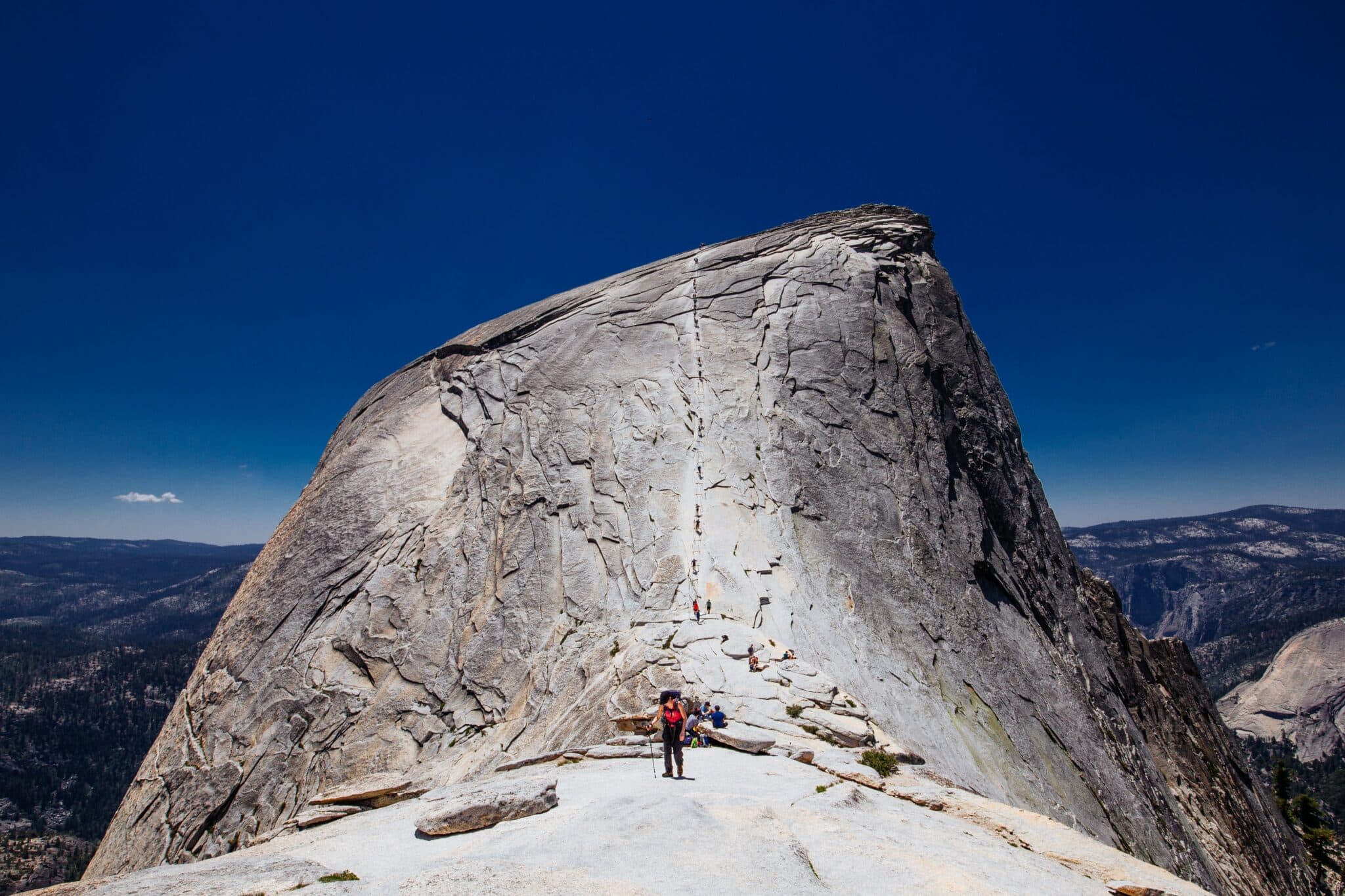Airbnb’s service fees can make a cool one-bedroom in the heart of the mountains go from cheap to shockingly expensive. Rarely do we go from “Kickass mountain cabin” to “guess we’ll stay at the motel on the outskirts of town because we can afford that.” Travelers are savvy. They know when they’re getting toyed and they know they can expect higher prices—especially now.
It’s why Airbnb can charge extraneous service fees and people will pay them. Higher costs aren’t deterring travelers any time soon. Travelers are too excited to experience a once-in-a-lifetime adventure to let Airbnb’s 20% service fees stop them from reserving seven nights at their mountain cabin.
Keep reading to learn how Airbnb’s service fees do not stop people from booking and what you need to know to avoid angering your clients.

Higher Costs (I.E. Service Fees) Won’t Deter Travelers
As a consumer, when you’re about to checkout, you’re really excited about this hip home you’re staying at. The last thing you want to do is start over again to find something cheaper because the extra fees have doubled the price. Likely, you’ll go through with the transaction because you’re already emotionally invested.
Airbnb has been under the spotlight for, well, a long time, but lately for the surprising total at checkout that ends up nearly doubling the cost of the room rate, which has a lot of travelers angry. When you’re expecting one total and find out it’s twice that much, it can honestly be shocking, and downright infuriating.
Automate Your Tasks
Tour operator life is complicated Use a booking platform that simplifies it.
Automate Your Tasks
Tour operator life is complicated Use a booking platform that simplifies it.
Airbnb’s Service Fees Are Part Of Their Transaction Funnel
Buzzfeed looked into why Airbnbs cost more, especially those ridiculously-priced cleaning fees, and why you don’t know the total until you’re ready to pay. They say it’s likely due to the company’s bottom line. It’s a tactic and a gross one at that.
In an interview with David Sawyer, a software developer who created an extension that shows the total cost of Airbnb listings, said, “This sort of tactic has been around for a good while, especially on the internet…The further you can get someone down the funnel of a transaction, or booking your place, the better off you’ll be and the more money you’ll make.”
David Sawyer doesn’t seem to have any connection with Airbnb outside his internet extension, so it isn’t confirmed this is exactly what Airbnb does, but it’s also within the realm of possibilities. This is a known selling/marketing tactic—get your customers down the transaction funnel quickly and efficiently.
Travel is an emotional investment. People don’t travel because it’ll make them financially better off or look better on their resume; they travel because it makes them happy and excited.
Travel Bookings Continue To Rise Despite Higher Costs
According to James Thornton, CEO of Intrepid Travel, “In the last few months, global concerns about shortages, sanctions, and higher costs have had economists sounding alarms,” said Thornton. “Despite the rise in costs, travel bookings have more than doubled.”
In addition to this pent-up demand for travel, consumers expect to spend more in 2022 compared to pre-COVID trips. Travelers have saved money in their travel budget over the past two years and are willing to make up for all that lost travel time. They understand prices have gone up and if they want to have an experience of a lifetime, they’ll have to pay for it. It’s a harsh, yet expected, reality.

Be Transparent About Service Fees
A great way to tick off your clients is to surprise them with hidden fees. Nothing will derail someone faster than a charge they weren’t expecting. Ask cell phone and internet providers.
Airbnb’s service fees are actually pretty pricey compared to reservation technology platforms. At a whopping 14.2% of the booking subtotal (nightly rate + cleaning fee + additional guest fee, if applicable—excluding Airbnb fees and taxes), guests can expect to pay that for every Airbnb reservation they make. Airbnb also charges hosts a 3% fee.
Airbnb Experience Service Fees Cost Hosts 20% Of The Total Price
For Airbnb Experiences, hosts pay a 20% service fee of the price of the experience.
Imagine expecting to make $100 on an experience you’re offering and instead, only make $80. Granted, knowing this, hosts can increase their pricing to make up for the lofty service fees Airbnb charges. That still doesn’t change the fact that hosts lose 20% of their revenue to Airbnb all just to host their experience on the site.
Airbnb listed why they charge 20% on experiences. They said, “We charge a 20% service fee for experiences to help cover the costs of the products, services, and support we provide, including maintaining liability insurance for most experiences.” They charge 14.2% service fees on bookings to help with marketing, administration, and 24/7 customer support services. And people pay this because yeah, for good service, you need those things.
How Origin Is Different
Unlike Airbnb service fees, Origin charges 5% of the total booking, and operators can either absorb the fee, split it with clients, or pass the entire 5% service fee on to the clients. Whichever you choose, the checkout total is the same at the end as it is at the beginning. Your clients aren’t surprised by a list of fees like Airbnb customers are. This makes for a better experience for you and your clients: charging them what they’re expecting to pay.
Transparent Pricing Matters
Being transparent about fees is crucial. Your clients need to understand that delivering service, exceptional service, costs more money. Investing in technology that makes it easier for your clients to book and for you to deliver amazing customer service (and an experience of a lifetime) costs more.
It’s true, it’s harder to convince clients it’s worth it to spend more on a trip, something that isn’t an actual product, than an iPhone. They can place a value on something they can hold in their hands, like an iPhone. A life-changing trip isn’t tangible. Plus, consumers are smart. They know when they’re being toyed with and there’s already a suspicion that the system is rigged against them.
In order to charge service fees and not piss off a ton of people, they need to be designed thoughtfully and transparently. For example, Airbnb continues to anger customers because they see a cleaning fee of $150 for a one-night stay in a one-bedroom apartment in the middle of town, and we know there is no reason for that high of a cleaning fee. Add the Airbnb fees and taxes and that customer knows you’re playing with them.
Have Your Pricing Upfront
We believe in having the total price upfront so there are no surprises at the end (and fewer abandoned bookings). When someone sees $146 for their trip as they click on a date, that’s the price they’ll see when they enter their credit card details. There are no scammy tricks involved because the fees are already part of that total cost.
If your client wonders why it costs them more than normal, you can tell them they’re paying for a better online booking process, complete with secure payment, a guaranteed trip for the day and time they booked, and a legitimate receipt they can keep with reminders and e-waivers too.
Your clients benefit as much as you do when you partner with a booking and scheduling system.

Quality Over Service Fees
We know Airbnb’s service fees don’t prevent travelers from booking, but keeping pricing transparent will earn their trust. The third thing you can learn from their service fees is that quality matters more than cost.
Staying competitive with inflation, rising costs, and the unpredictability that is post-COVID travel, there are more important things to offer clients than lower prices. In fact, that’s probably the last thing you need to do. In Expedia Group’s Traveler Value Index 2022 Outlook, they list ten things to focus on to stay adaptive in these “uncertain times.”
- Have clear cancelation policies and make sure clients can get a refund or credit.
- Have different pricing structures to accommodate all kinds of travelers.
- Proactively share any and all COVID updates and guidance with your clients.
- Act like a partner in your clients’ travel plans—do what you say you’re going to do, listen to feedback, etc.
- Offer incentives to get new clients and to differentiate yourself from your competitors.
- Offer different deals for quick trips for a “competitive edge” (we also like the idea of doing local-specific deals).
- Consider starting a rewards program.
- Invest more in marketing.
- Incorporate more wellness and meaningful experiences into your packages, as this is something that’s become increasingly popular among travelers.
- Start committing to a sustainable operation and make your trips more eco-friendly.
Based on Expedia’s list, we can assume that if you employ any or all of these tactics, you’ll not only help increase revenue, you’ll avoid having to lower costs just to compete.
People are willing to pay more for online services they use often and that are convenient. You know what’s convenient? Being able to book a trip online, at night, and not having to chat with anyone. That’s what most travelers want. If you’re ready for something like that, you can start today.
Automate Your Tasks
Tour operator life is complicated Use a booking platform that simplifies it.
Automate Your Tasks
Tour operator life is complicated Use a booking platform that simplifies it.
People Will Pay More For An Experience
Arival’s 2021 report, “Today’s Tour Taker,” outlines how travelers are touring today, their path to purchase, and what they want in terms of health and safety. We’re interested in how much travelers care about paying service fees. While Arival doesn’t go into detail about additional fees folks pay through bookings, they do talk about how travelers desperately want an amazing experience and will pay for it.
It could be because we’ve been cooped up for the past two years, but travelers said the content of the tour and how well it fits into their overall trip schedule are the most important factors when it comes to booking a tour.
This tells us that if you’re offering a once-in-a-lifetime experience, people will pay for it—service fees and all.

TL;DR
People will pay more as long as it’s high quality. In this case, if you charge service fees, make sure your adventure is worth paying extra.
When you charge additional fees, be upfront about them. No one likes a liar. Let people know why you’re charging extra if they ask or add a preemptive note. If people understand they’re paying more for a better online user experience, customer support, and an overall better adventure, they’ll be totally fine paying more.







